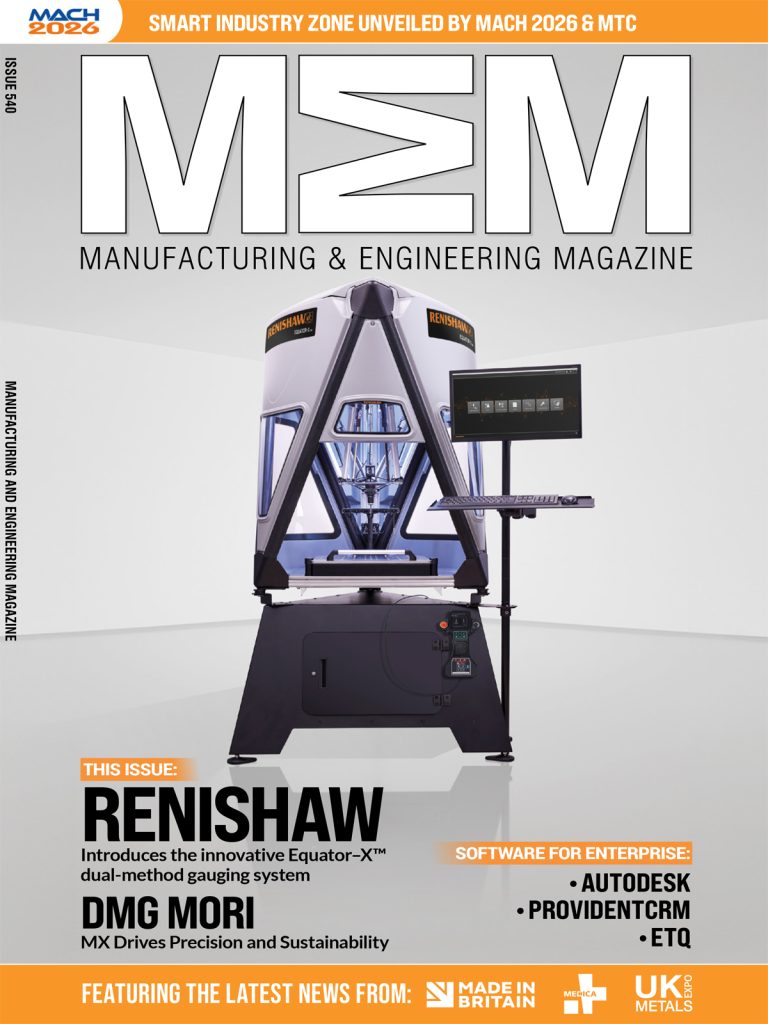The Impact of Coronavirus Lockdown on the Manufacturing Sector : As thousands of people have headed back to work, the manufacturing industry will need to have safety guidelines set out for both customers and employees as the industry is particularly prone to close contact with others.
Here Alastair Wilson, a partner at leading accountancy firm, MHA Tait Walkerhas some advice for manufacturers in light of the COVID-19 outbreak which has caused major disruption across global markets, with restrictions on human movement disrupting the majority of sectors.
Manufacturers have taken a hit during lockdown. They have been faced with the problem of either a reduced workforce or suddenly been faced with totally absent teams. There has also been a pause to supply chains and an aggressive decline in customer demand.
Despite the Government’s advice for a return to work this week, there have been a number of concerns around both safety and cashflow implications. Both will no doubt remain significant for some time. Fixed costs have already drained cash reserves for many and the uncertainty of the lockdown period has made management decisions on safety very difficult.
What can manufacturers do now?
In terms of cash flow, hopefully by now business owners will have accessed the Government-backed initiatives in order to ascertain what can be used and what impact they may bring.
The deferral of tax balances bring an immediate cashflow saving and the use of the Coronavirus Job Retention Scheme can also yield savings. The Coronavirus Business Interruption Loan Scheme can also be considered for those businesses with proven viability and an historic financial performance that demonstrates the ability to service new debt.
On the safety front, a Covid-19 risk assessment should be carried out in consultation with workers and trade unions. Employers will also need to redesign workspaces to maintain 2m distances between people by staggering start times, creating one-way walkthroughs, changing seating layouts and opening more entrances and exits.
What next?
Initial thoughts and decisions will be largely based on an assessment of what options business owners have at their disposal and the ultimate execution of those options.
Business owners should consider the working capital implications of exhausting reserves in the immediate term, with the problem looming as to how you can fund the recommencement of operations in the post-lockdown period.
You should therefore take care of your financial plan. Your eyes should be focused on the security you have pledged to external funders and that which may be sought during any CBILS application. Longer term assessment of overall indebtedness should also feature, with a lot of Government initiatives being debt based, which by their nature will require repayment. This will therefore pose directors some challenge as they balance their wider responsibility to all business stakeholders.
How can you manage the cashflow risks?
A thorough and robust financial plan will be central to your business planning in the coming months. Additionally, the use of your advisers will be key during any negotiations undertaken with your funders. Capital holidays and short-term facility extensions will provide temporary respite, but you should look beyond the initial period of uncertainty and retain some focus on what comes next.
The re-opening of markets will see the re-emergence of demand, but this may not be swift. A gradual build up could be in order for a lot of markets. The risk of customer and supplier failure should also be considered, with contingency plans drawn up.
The demands and pleas for prompt or upfront payment are likely and a natural drift in credit terms may also be imposed by your larger clients. You should therefore assess those impacts and build a cash buffer, with attention required on the covenant suite your funders will have in place. Keeping your books and records up to date will therefore be imperative and allow maximum flexibility as you continue to make strategic decisions.
What else should you consider?
Non-financial considerations will also be vital, as well as the re-introduction of your team in to the workplace. Workforce morale and overall productivity should be monitored closely. Repairs, maintenance and reconnection of idle plant and machinery will also need consideration.
The considerations for business owners are extensive and will move and change due to ongoing problems which may linger due to COVID-19. Cash management will also drive focus and risk monitoring will be an increased priority as we proceed through 2020.
Manufacturing & Engineering Magazine | The Home of Manufacturing Industry News













